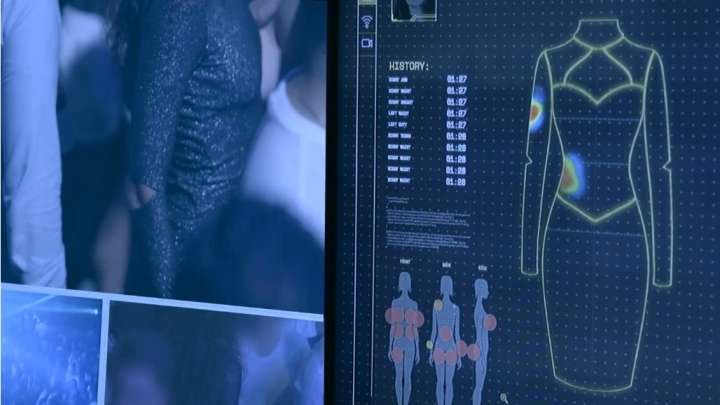Dec 6, 2018
Tim Berners-Lee wants to remake the web to help you protect your data
Posted by Michael Lance in category: internet
Its success will hinge on whether enough people adopt it beyond just hard-core techies.
The World Wide Web’s inventor, Tim Berners-Lee, has launched a way to make it easier for people to control their personal data. Will it take off?
The news: Berners-Lee is working with people at MIT and beyond on a startup called Inrupt, which runs an open-source project, Solid, that hands you back control over your own data.
Continue reading “Tim Berners-Lee wants to remake the web to help you protect your data” »

















